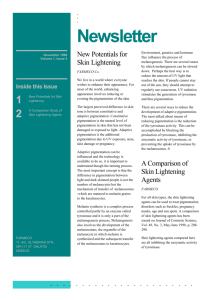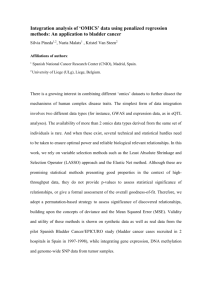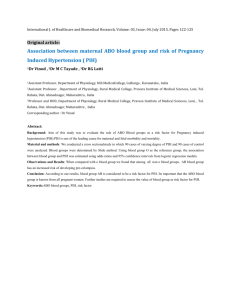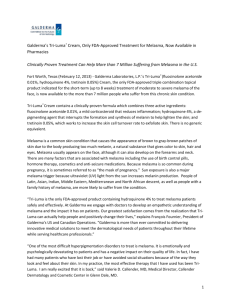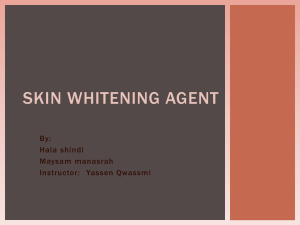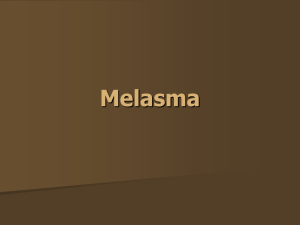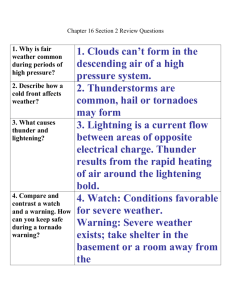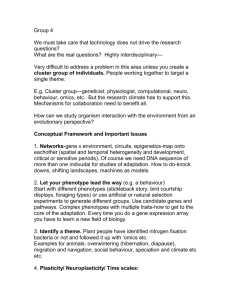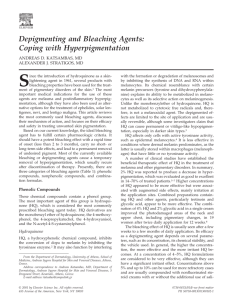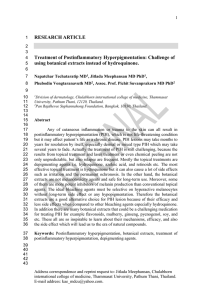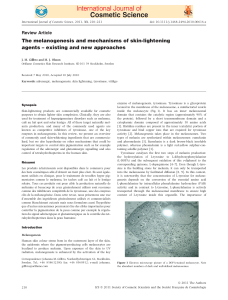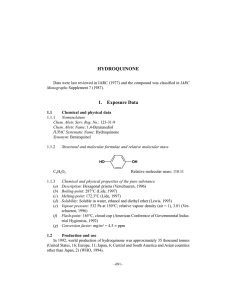Review of Topical Skin Lightening Agents
advertisement
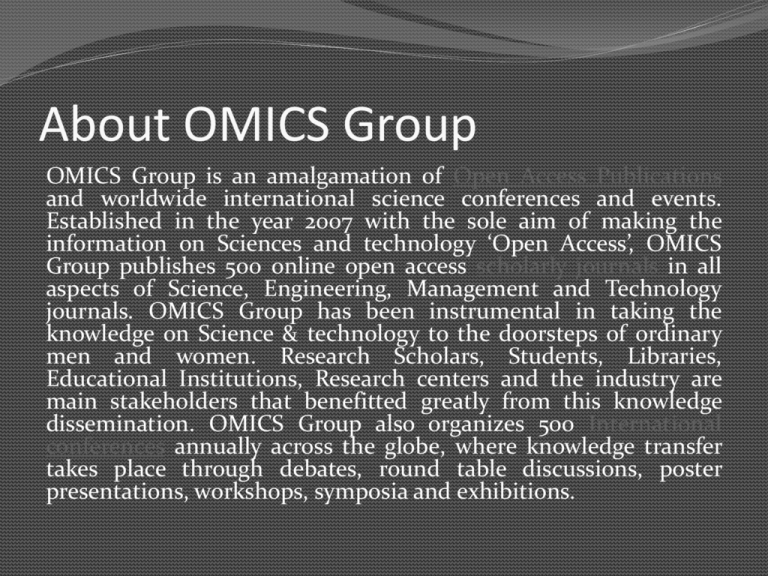
About OMICS Group OMICS Group is an amalgamation of Open Access Publications and worldwide international science conferences and events. Established in the year 2007 with the sole aim of making the information on Sciences and technology ‘Open Access’, OMICS Group publishes 500 online open access scholarly journals in all aspects of Science, Engineering, Management and Technology journals. OMICS Group has been instrumental in taking the knowledge on Science & technology to the doorsteps of ordinary men and women. Research Scholars, Students, Libraries, Educational Institutions, Research centers and the industry are main stakeholders that benefitted greatly from this knowledge dissemination. OMICS Group also organizes 500 International conferences annually across the globe, where knowledge transfer takes place through debates, round table discussions, poster presentations, workshops, symposia and exhibitions. OMICS International Conferences OMICS International is a pioneer and leading science event organizer, which publishes around 500 open access journals and conducts over 500 Medical, Clinical, Engineering, Life Sciences, Pharma scientific conferences all over the globe annually with the support of more than 1000 scientific associations and 30,000 editorial board members and 3.5 million followers to its credit. OMICS Group has organized 500 conferences, workshops and national symposiums across the major cities including San Francisco, Las Vegas, San Antonio, Omaha, Orlando, Raleigh, Santa Clara, Chicago, Philadelphia, Baltimore, United Kingdom, Valencia, Dubai, Beijing, Hyderabad, Bengaluru and Mumbai. Dr. Shuba Dharmana M.B.B.S, D.F.F.P, D.P.D Dermatologist, Hair Transplant Surgeon Founder LeJeune Group of Medspas Ancient practices Queen Cleopatra -milk Chinese -ground pearl Ancient Romans - lead Japanese -Bird dropping Indians- Turmeric paste Fairness Industry Fair and Lovely? Fairness creams What about Tanning? Tanning Industry Pigmentary disorders Hyperpigmentation Localised: PIH- Acne, Contact dermatitis, Lupus etc Melasma Acanthosis nigricans, Seborrhoeic keratosis Café au lait Macules Diffuse: Disease: Haemochromatosis, Hyperthyroidism, addison’s disease Drugs: Tetracyclines, amiodarone, griseofulvin, trimethoprim, quinine, gold, mercury, bismuth Plants/foods: lemons, limes, fig leaves or stems, celery, dill, parsnips, and carrot juice. Phyto photodermatitis Neoplasm: Melanoma Consultation Onset of hyperpigmentation: congenital- café au lait childhood freckles pregnancy-melasma Duration Systemic symptoms: adrenal disease, hyperthyroidism, diabetes Drug history- medication, supplements Exposure to plants Exposure to sunlight Treatment principles Identify and treat systemic disease Stop the offending drug/plant Treat the underlying inflammatory condition- acne, lupus Sun awareness- avoid sun, sunscreen Topical skin lightening agents Dermabrasion Peels Lasers Topical skin Lightening agents Botanicals: Arbutin 1% Mulberry extract Licorice extract Aloesin Gentisic acid Flavonoids Hesperidin Ascorbic acid Niacinamide Poly phenols Soy proteins Yeast derivatives Topical Skin Lightening Agents Hydroquinone Topical retinoids: tretinoin Other agents: Azelaic acid Kojic Acid Mequinol Isopropylcatechol N-acetyl-4-cysteaminylphenol N-acetyl glucosamine Piceatannol Unregulated Turmeric Lemon juice Camphor Topical Corticosteroids Mercury Ellagic Acid Lignin Peroxidase Melanin synthesis Increased melanocyte numbers, increased melanogenesis, spillage of melanin into the dermis and exogenous pigment deposits. Hydroquinone Gold standard for treating Hyperpigmentation Used in treatment of PIH, Melasma Used in concentration of 2-4%. OTC- 2% Inhibits tyrosinase. Reduces conversion of Dopa to melanin Used in combination with retinoids, alpha hydroxy acids and antioxidants Used in triple combinations creams with tretinoin and fluocinolone Decrease in lesion size, pigmentation, disease severity Effects seen as early as 4 weeks. Optimal effect after 6-10 weeks Safety of Hydroquinone Oral Hydroquinone – a carcinogen- based on rodent studies Side effects- ochronosis, Proloned usage of 4-5% HQ with retinoic acid has caused irritant reactions FDA has proposed to withdraw the 1982 rule that hydroquinone is GRASE and further additional studies should be conducted regarding safety in humans OTC hydroquinone agents in 2006 FDA yet to make a final ruling Mequinol 4-Hydroxyanisole , derivative of Hydroquinone Less irritative Inhibits Tyrosinase Used in 2-4% concentration Used in combination with tretinoin Safe & effective treatment in dark skin types Favourable benefit-risk ratio compared to hydroquinone Retinoids Tretinoin, Adapalene, isotretinoin, tazarotene Improvement in photoageing, PIH, melasma Tretinoin used in concentration of 0.01-0.1% Side effects: Erythema, peeling, PIH Irritant dermatitis is a risk in dark skinned individuals and when used in higher concentration Reduce dose and titrate to higher doses gradually Using cream based formulation reduces irritation Using along with a moisturiser Maximum effects seen at 8-12 months Azelaic Acid Dicarboxylic acid isolated from Pityrosporum ovale 15-20% concentrations as efficient as HQ Less of an irritant Significantly greater decreases in pigmentary intensity Combination with 15-20% glycolic- as efficacious as 4% HQ in treating PIH, melasma Side effects are mild and temporary- pruritus, erythema, scaling and irritation Kojic Acid Tyrosinase inhibitor Chelation agent produced by Aspergillus oryzae Used alone or in combination with glycolic acid or Hydroquinone Used in concentration of 1% in cosmetic creams 1-4% concentration in skin lightening preperations Adverts effects: contact dermatitis High sensitising potential Banned in Japan- mutagenicity concerns Arbutin Glycosylated hydroquinones derived from leaves of bearberry, pear and cranberry Inhibits Tyrosinase activity Inhibits melanosome maturation Efficacy is concentration dependant Paradoxical hyperpigmentation seen with higher doses Alpha-Arbutin & Deoxy-Arbutin are synthetic. Show greater tyrosinase inhibition Effective in lightening solar lentigenes Niacinamide Derivative of Niacin, Vit B3 Treatment of acne Decereases melenosome transfer Decreases melanogenesis Concentrations of 2-5% melasma, UV induced hyperpigmentation alone or with N-acetyl glucosamine Safety & efficacy studies needed in PIH N-Acetyl Glucosamine Amino sugar which is a pre cursor to Hyaluronic acid Inhibits tyrosinase glycosylation Used in 2% concentration alone or in combination with niacinamide Well tolerated with mild- moderate irritation Safe and efficacious in treatment of hyperpigmentation secondary to sun exposure Ascorbic Acid Naturally occuring antioxidant Suppresses melanin synthesis Used in 5-10% conc in combination with other agents like HQ Efficacious in photoageing and melasma By itself not efficacious Liquorice Extract Plant extract Glabridin, licochalcone A, Liquiritin Galbridin, licochalcone A -Inhibit tyrosinase activity Liquiritin causes depigmentation by causing melanin dispersion Dosage of 1mg/day- melasma Used in cosmetic products. Eg, Image MD Soy Protein proteinase inhibitors- soybean trypsin inhibitor, STI & Bowman±Birk protease inhibitor (BBI) Complex mechanism of inhibition of protease-activated receptor 2 (PAR-2) activation leads to depigmentation Trace amounts of free fatty acids & their acyl CoA esters- inhibit trypsin thus adding to the inhibition of the PAR-2 pathway. Used in cosmetic skin moisturisers for skin lightening Chemical peels Alone or in combination with skin lightening agents Reduce dyschromias and PIH Superficial -Glycolic -20-70% conc, salicylic, lactic Modified Jessner’s, Yellow Peel Moderate Depth- TCA 15-35% Deep peels- Phenol Reduce irritation. Use sun care Pre-treatment- tretinoin, HQ, alpha hydroxy acid Laser Therapy 1064nm QS (Nd:YAG) laser greater margin of safety satisfactory results Safer in dark skinned people Fractional ablative & non ablative post procedure cosmeceutical use IPL in pigmented lesions Laser induced PIH pre treatment with skin lightening agents to reduce the risk of PIH Emerging Therapies 2% Undecylenoyl phenylalanine – solar lentigenes 5% Methimazole Dioic acid Aloesin 4-(1-phenylethyl)1,3-benzenediol Paper mulberry Ellagic acid Quinolines Piperlonguminine Luteolin Calycosin2 Thank You…. Let us meet again.. We welcome you all to our future conferences of OMICS International 5th International Conference and Expo on Cosmetology, Trichology & Aesthetic Practices On April 25-27, 2016 at Dubai, UAE http://cosmetology-trichology.conferenceseries.com/
